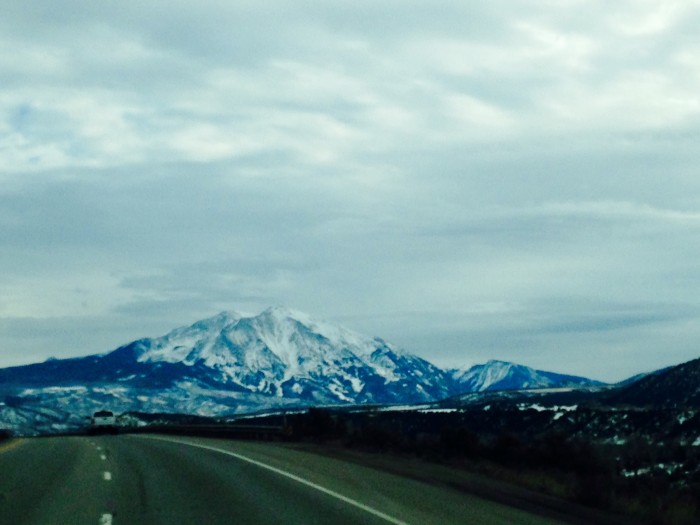I recently visited my father in the mountains, where he and his conservative friends come-again-ed when I told them I work for an online mindfulness publication.
A-what-y?
Because promoting and practicing mindfulness is so engrained in my daily life, I was baffled to learn my dinner companions were unfamiliar with the term.
When I explained, with pains, what it was, my dad said, “Oh, I do that. It’s called paying attention. What’s the fuss? Why a whole religion around it?”
As a self-proclaimed and paid mindfulness advocate, I fought him. No, you don’t get it: It’s a special technique that requires practice and sometimes training. It’s kind of like therapy. It counters modern ADD. It’s actually a lifestyle.
I noticed that my explanation distanced my dad from the term immediately; its convoluted self-importance didn’t seem credible to him.
He said, “I don’t get the hype.”
Driving home to Denver, I was contemplating this conversation, the visit as a whole, my to-do list, my playlist and the ingredients of my lip balm when I rear-ended the guy in front of me.
We pulled over on the shoulder of the highway. Cars crawled past us in the traffic, the gravel they spat up sounding like grumbling. I gave him my insurance card and groveled in apology.
“What happened?” said the guy.
“I was distracted,” I replied. I shook my head thinking, but I practice mindfulness?!?!?!?
Mindfulness is not, it turns out, a religion. Once you decide you’re a Christian, you remain one even if you don’t pray every day. But once you decide you’re “Mindful,” you are: 1) not necessarily mindful all the time and 2) an asshole.
I got back in my car and returned to the road, not crying until I realized I was both a horrific driver and an asshole. I called my mom, steering with one mascara-smeared hand.
“Caroline,” she said, “you need to start paying attention to what’s around you.”
When we hung up, I focused on just the road ahead. It was laden with traffic and texters and it was excruciatingly boring.
I kept thinking, I just need to get home and do some yoga, which is like saying, I just need to fly to India so I can meditate under the Buddha’s tree: As if mindfulness at a later time would cure my agitated, sniveling mindlessness now.
The West is—thankfully—moving toward substituting or supplementing prescription drugs with mindfulness, but we must remember that one is not like the other: We can’t take our mindfulness pill in the morning—whether it’s yoga, meditation or a technology-free breakfast—and expect it to carry us through the whole day.
So mindfulness is not a religion, not a drug, and not a bank; it’s not, or shouldn’t be, a status generator or trendy dinner topic: it is a commitment and habit to heed our surroundings. That’s the whiplash.
Of course, we’re surrounded by everything. Mindfulness is as much about paying attention to our breath and the cars ahead of us as it is paying attention to where we’re sourcing our clothes and food, the hunger in India and the corruption in Nigeria. Mindfulness is observing equally our values and our immediate environment.
When I returned to Denver, my liberal friends asked if my dad successfully indoctrinated me. If anything, he un-doctrinated me. “Practicing mindfulness” is a loaded, complicating phrase for a simple, repeatable, one-step procedure: pay attention. That’s it. Otherwise, we crash.
Author: Caroline Beaton
Photo: Author’s Own











Read 4 comments and reply